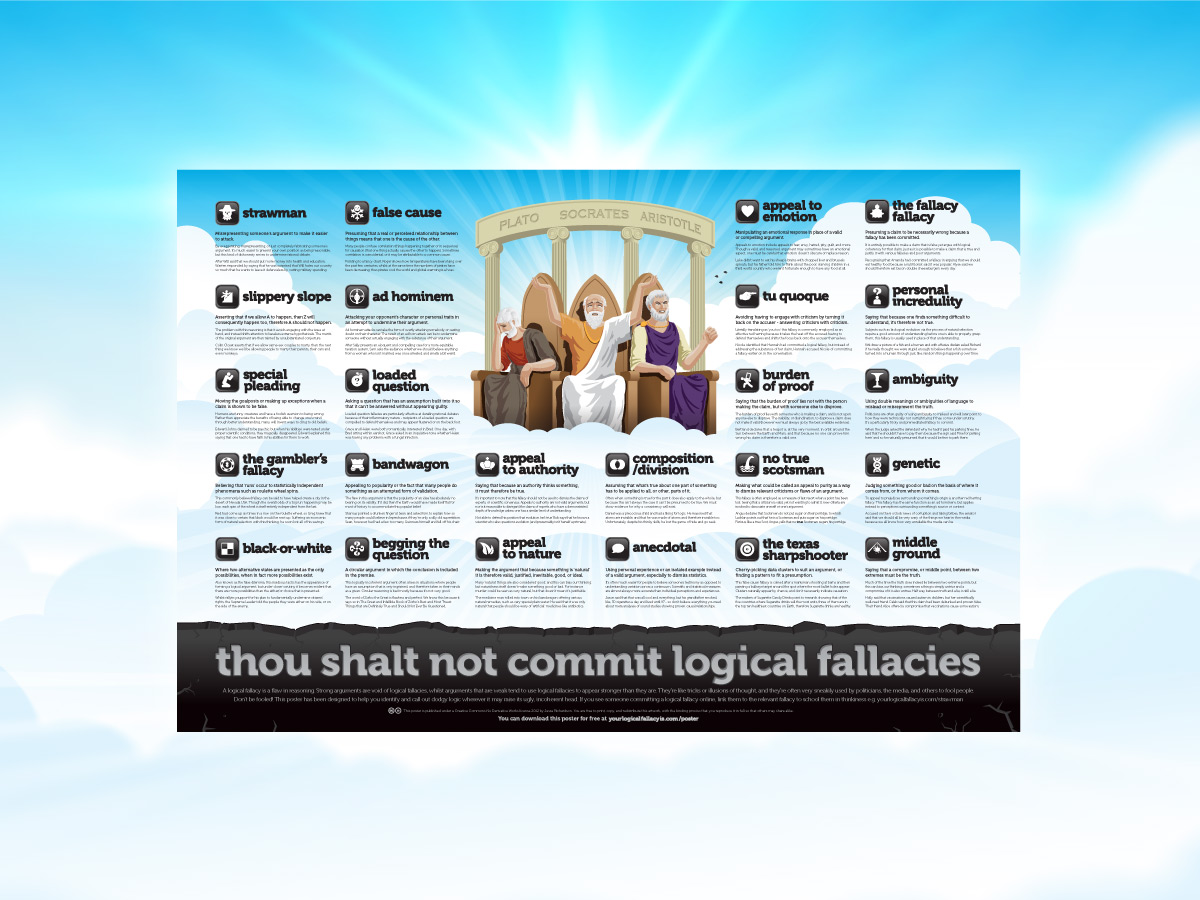Continuing the discussion from X-factor style once-a-week Political Voting System:
By mechanics, I mean the nitty-gritty. We can use open source as a guiding model, but we need to root out issues such as conflicts of interest when it comes to political applications.
We could start by brainstorming on how it’d work for the Taxation Authority:
- They need to collect taxes.
- Most tax avoidance and tax evasion comes from the ultra-rich.
- The ultra-rich support politicians that elect Ministers who will make sure the department that is supposed to chase the ultra-rich is underfunded, e.g. 2 people working on it when they need 200. (Ironically, there would be a huge return-on-investment if they beefed up these departments, at least in Spain, that’s what expert revenue agents have said and is backed up by facts).
This one seems straightforward. Have the Minister in charge of the Taxation Authority be elected by all the civil servants that work there, i.e. the Minister has to be a civil servant and not just the President’s buddy. Candidates are nominated and present proposals on how they will better lead their organisation to accomplish their mission (in this example, making sure they collect the tax they’re due).
In a nutshell, we’d be proposing to extend the way the civil service works into the top government positions that manage it.
Could it really be that simple? What flaws do you see?

